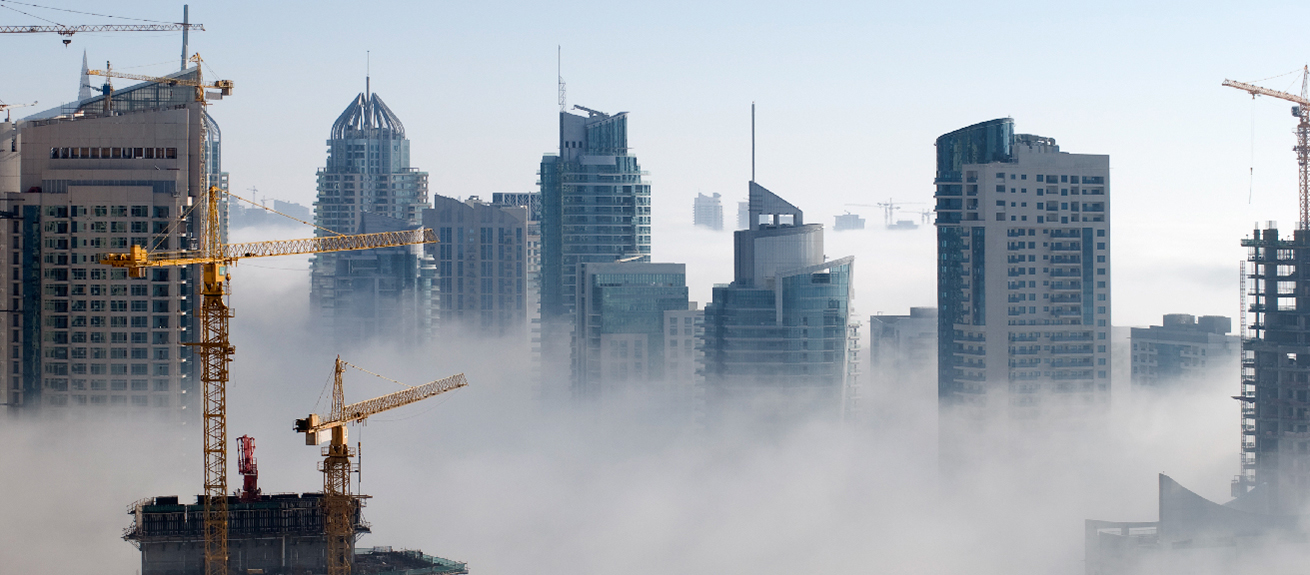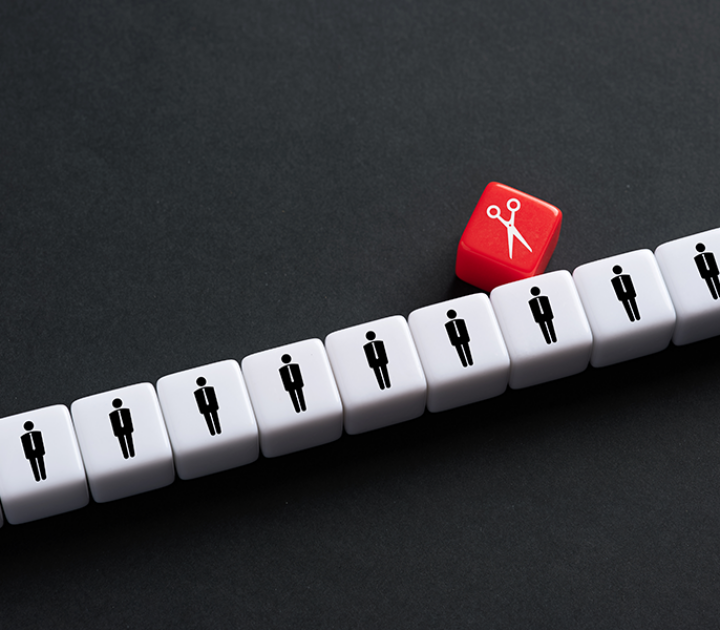
Moving Asia beyond GDP-ism
The planet is adrift and in a mess.
After a year like 2015, this would seem a pretty incontestable statement.
For one thing, humanity appears increasingly less human – whether in terms of how we treat one another as human beings, or the way we treat nature. There is too much inhumanity.
While considerable progress has been made in recent decades in poverty reduction, there remains a great deal of poverty and misery, the eradication of which demands growth. A lot of growth, however, has been neither inclusive nor sustainable. Inequality and injustice rise, while conditions of living (or, in many cases, dying) due to pollution remain dismal.
Surely there is an urgent need to ponder the question: Where are we going and what legacy will we leave our children?
There is obviously no easy fix-it, but I argue that while growth may be required, the obsession political leaders and policymakers have had with gross domestic product (GDP) has been harmful.
Shortly before he was assassinated, Robert Kennedy (younger brother of President John F. Kennedy), in a commencement address delivered at the University of Kansas in March 1968, had this to say: “Our gross national product… counts air pollution and cigarette advertising, and ambulances to clear our highways of carnage. It counts special locks for our doors and the jails for those who break them. It counts the destruction of our redwoods and the loss of our natural wonder in chaotic sprawl.
“It counts napalm and the cost of a nuclear warhead, and armoured cars for police who fight riots in our streets. It counts the television programmes which glorify violence in order to sell toys to our children.
“Yet, the gross national product does not allow for the health of our children, the quality of their education, or the joy of their play. It does not include the beauty of our poetry or the strength of our marriages, the intelligence of our public debate or the integrity of our public officials.
“It measures neither our wit nor our courage; neither our wisdom nor our learning; neither our compassion nor our devotion to our country; it measures everything, in short, except that which makes life worthwhile.”
The late and great Japanese economist Shigeto Tsuru (1912-2006) was one of the rare critics of his country’s “miraculous” growth of the post-war decades.
That growth certainly brought about the reconstruction of the war-devastated Japanese economy, but at huge human and environmental cost – such as the deadly poisonous Minamata disease, which is chronic poisoning caused by alkyl mercury compounds from industrial waste.
The effects, which are usually permanent, include impairment of brain functions such as speech, sight, and muscular coordination.
The scenes from that period of Japanese history are similar to scenes we witness in China today. Tsuru labelled GDP as “gross domestic pollution”.
He emphasised not only the harm caused to people, but also to culture and nature. He cited, in particular, the case of the Inland Sea (Seto Naikai in Japanese), which I had the greatest possible ascetic pleasure of visiting in the very early 1960s before its destruction.
As Tsuru pointed out: The Inland Sea was designated by the Japanese government as “not only a natural endowment of incomparable beauty of Japan and the world, but also a treasure house of valuable marine resources for the nation”.
And yet, nature in the Inland Sea was destroyed by wanton industrial vandalism. By the 1970s, the Inland Sea Designated National Park was home to “53 per cent of the country’s total steel-making capacity, 40 per cent of oil refining, 35 per cent of petrochemical, 63 per cent of copper-refining and 76 per cent of lead-refining industries of Japan.” The industrial capacity of the Inland Sea alone surpassed that of Britain.
As Tsuru sadly concluded: “What was once a pride of Japan’s natural beauty has become a problem area of the first order from the environmental viewpoint.” Thus, he lamented, as Japan’s post-war economic rush resulted in the destruction on a monumental scale of the environment and of Japan’s scenic beauty, it materially enriched current generations, but spiritually and aesthetically impoverished future generations.
The environmental destruction continued over the decades as documented in detail in the excellent book by “Alex Kerr, Dogs And Demons: Tales From The Dark Side Of Japan”.
There is an urgent imperative for a vision beyond GDP-ism. This seems especially crucial for Asia, the continent on which the greatest human and environmental calamities are currently taking place, whether the genocidal warfare in the Levant or the environmental inferno in much of South and East Asia, including the death of rivers from chemical pollution in China or the children in Singapore with their health threatened by the “haze”.
As Singapore increasingly becomes a hub of learning and thinking, it would seem that it would be the ideal location for concentrated thinking on: where do we go from here, where do we go beyond GDP-ism?
The direction Asia takes will not only have an immense impact on the 4.3 billion Asians, but also on the other 2.9 billion people on the rest of the planet.
Jean-Pierre Lehmann is Emeritus Professor of International Political Economy at IMD, Founder of The Evian Group@IMD and Visiting Professor at the University of Hong Kong and NIIT University in India.
Professor Lehmann will be leading a session on Asia: A Continent in Turmoil – Perspectives, Prospects & Business Implications at Orchestrating Winning Performance (OWP) in Lausanne from June 27th to July 1st 2016.
OWP runs in Singapore from November 28 to December 2 2016.
Research Information & Knowledge Hub for additional information on IMD publications

Stay ahead in a shifting global economy. Learn how to build resilient supply chains, manage currency risks, and adapt strategies for long-term business success.
On 12 March 2025, new and expanded tariffs on aluminium, steel, and downstream “derivative” products come into force. This briefing shows that derivative products alone represented $151 billion of imports in 2024, with 27 foreign economies each ha...
Trade conflict is costly to all parties. Canadian and Mexican trade retaliation can deny tariff-related wins for American workers. Blunt retaliation could go so far as to eliminate all the take-home pay gains in 40 U.S. states and make whatever ga...
Artificial intelligence promises great opportunities, but also dangers. Society must consistently ask itself how best to deal with this unavoidable and at the same time disturbing technology. Artificial intelligence (AI) is both heaven and hell. I...
This paper presents a compact and intuitive framework that consolidates, simplifies, and extends results on the links between technology, trade, and labour market outcomes. It makes three main contributions. First, it presents closed-form solution...

Business traditionally emphasizes the consequences of downsizing on the leavers, but what happens to those who stay? In the aftermath of corporate restructures, "survivors" find themselves navigating a complex mix of emotions and uncertainty. Alys...

The colossal wave of downsizing in the last few years is dividing the workplace in two, between the leavers and the survivors. Business has traditionally emphasized the consequences of downsizing on the leavers, sometimes putting in place severanc...

Are you struggling to lead successfully in the face of relentless disruption and uncertainty? Now’s the time to master the art of strategic thinking, starting with these six key skills.
Consumer-voters and the processing industry are the sure losers of the trade war against China that Trump will carry on with renewed energy.

The implications of generative AI for ‘knowledge’ work are more profound than many of us might think. Organizations need to wake up.
Research Information & Knowledge Hub for additional information on IMD publications
Global Trade Alert, Zeitgeist Series Briefing no. 57, 6 March 2025
Research Information & Knowledge Hub for additional information on IMD publications
3 March 2025, Global Trade Alert Report, cBrief 5: These Are Your People
Research Information & Knowledge Hub for additional information on IMD publications
Research Information & Knowledge Hub for additional information on IMD publications
in Journal of International Economics 23 February 2025, ePub before print, 104065, https://doi.org/10.1016/j.jinteco.2025.104065
Research Information & Knowledge Hub for additional information on IMD publications
Research Information & Knowledge Hub for additional information on IMD publications
Research Information & Knowledge Hub for additional information on IMD publications
Research Information & Knowledge Hub for additional information on IMD publications
Research Information & Knowledge Hub for additional information on IMD publications
Research Information & Knowledge Hub for additional information on IMD publications

